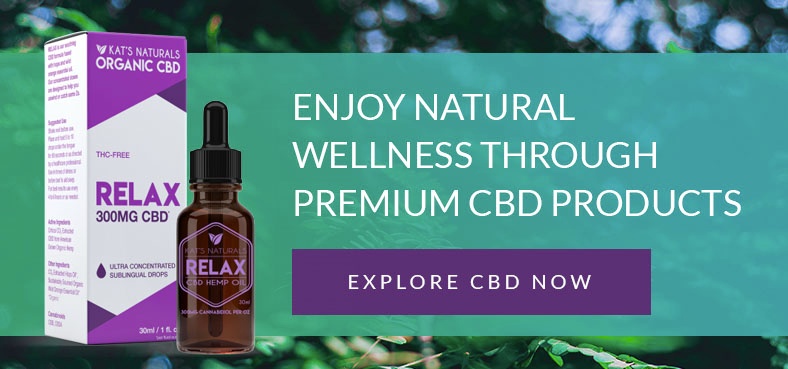It seems as though there’s a CBD product for every second of your day. More and more brands are incorporating CBD into their formulas. Maybe you use these products already or you’re still on the fence. Before you jump in and incorporate something new in your health and wellness routine, you should ask yourself if you know what you’re getting into. So, naturally, this lends the question: what even is CBD?
CBD is a cannabinoid
CBD (Cannabidiol) is a cannabinoid, one of 113 found in Cannabis sativa or the hemp plant. This compound is not to be confused with THC — the psychoactive relative of CBD, which also comes from hemp. CBD is also different than hemp oil and offers different benefits.
CBD — and cannabis as a whole — aren’t some new-fangled trend. So, how far back does the use of these products go? The free-spirited tendencies of the 1960s and ’70s? Nope. Actually, cannabis has been used for medicinal purposes since 2727 BC.
Today, CBD is still a popular option for individuals interested in natural alternatives to common physical and mental health ailments. When taken in an appropriate serving size for your height, weight, metabolism and activity level, and other factors, CBD can help your health without the high.
What forms does it come in?
As we’ve established before, CBD can be incorporated into just about everything. CBD starts out as a compound that must be separated from hemp. Wait, CBD doesn’t just magically bloom out of hemp? Nope. CBD is separated during a process called extraction, which occurs either naturally or synthetically. Natural, hemp-derived CBD is the one to pick, as synthetic CBD may have psychoactive effects and is thus a controlled substance. Natural extraction can be done with CO2, ethanol, or olive oil.
Common forms of CBD include:
- Capsules: Best for those sensitive to tastes or textures, and can be dissolved or swallowed
- Edibles: Gummies, energy chews, drink mixes, chocolate, protein bars, protein powder, etc.
- Tinctures: Either flavored or unflavored, this variety is easy to take alone or add to other things
- Topicals: For targeted relief from pain or skin conditions, topicals have your CBD needs covered
Effects on the mind and body
Have you taken CBD in some form or another and not felt a thing? Read about people not feeling any better or any worse? It’s possible. How your body metabolizes the strength of CBD you take — whether it be broad-spectrum, full-spectrum, or isolate — has a lot to do with how you’ll feel. The same goes for CBD and your pets.
When taken in the right amounts, however, CBD has been shown to provide a variety of physical and mental health benefits with relatively low side effects. The compound is still being researched for any potential long-term health implications. But the reasons to believe CBD is safe are significant.
Evidence for physical health benefits has been shown in the following conditions, and others:
- Arthritis
- Asthma
- Digestive issues
- Diabetes
- Endometriosis
- Epilepsy and seizures
- Heart, kidney, and liver diseases
- Skin conditions
- Sleep
Evidence for mental health benefits have been shown in the following conditions, and others:
- Anxiety
- Depression
- PTSD
Takeaways about CBD
Hopefully, this answered a few more of your questions about CBD — whether they were strictly informational or you’re planning to try CBD for yourself. With a nearly 3,000-year history, it’s hard to imagine a world where cannabis and its compounds don’t play into our lives in some way, whether that be big or small. Of course, with any new research that comes along, we’ll be here to help you make sense of all things CBD.


